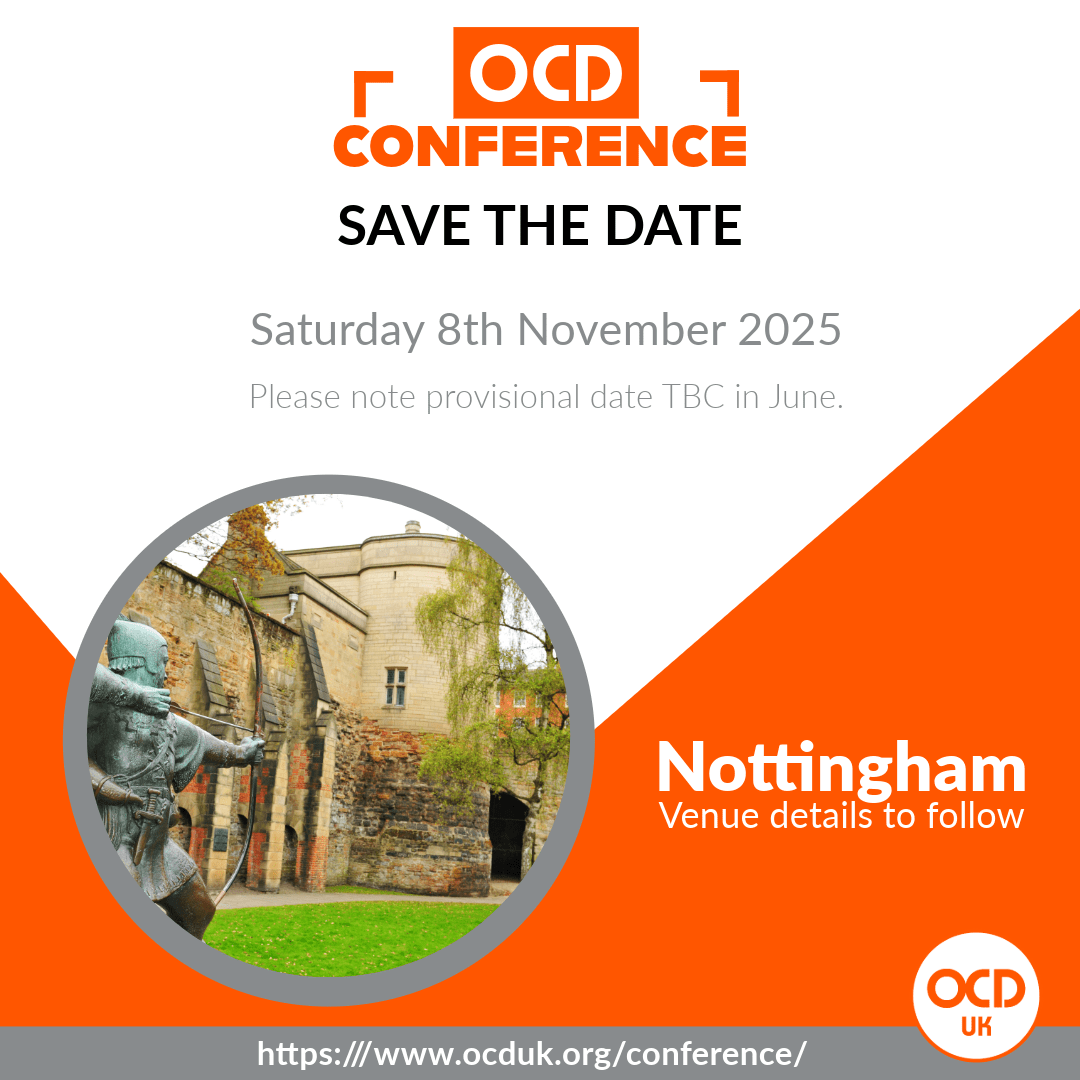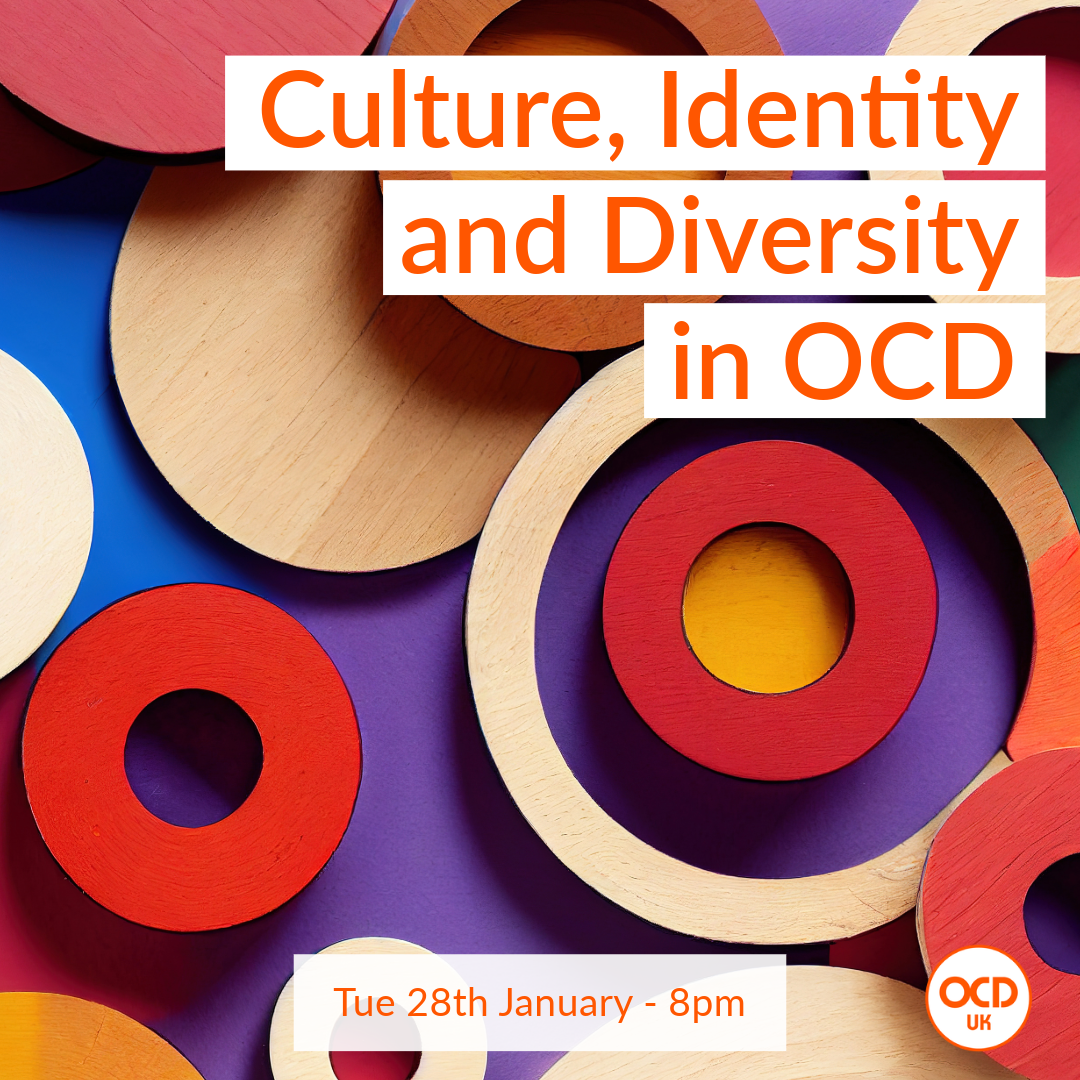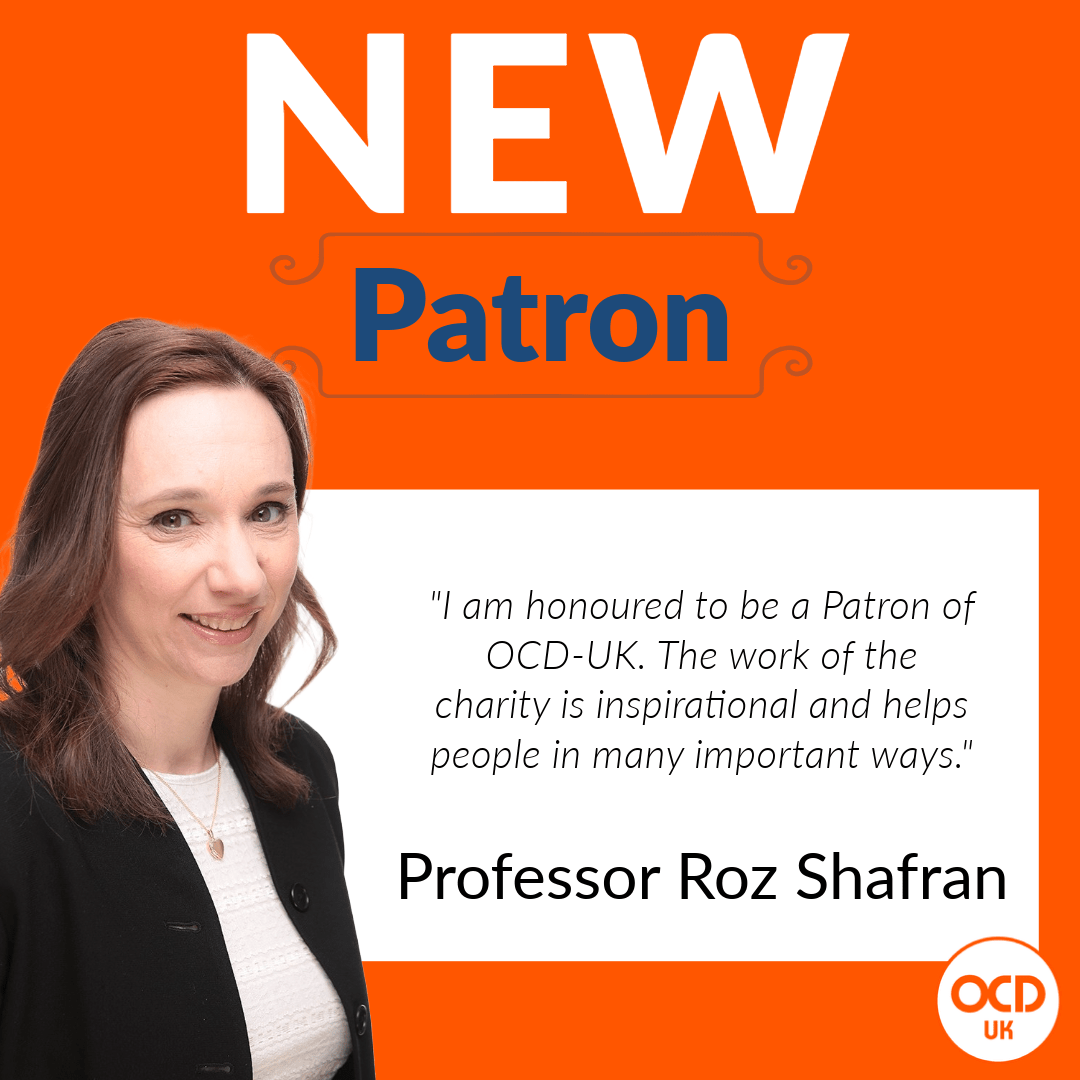2020 Virtual OCD-UK Conference - Welcome to Hotel OCD-UK, flying the flag for recovery!
Understanding why people with OCD do what they do, and why other people get involved
Professor Mark Freeston, Newcastle University
Presentation subject
When OCD is in the driving seat people’s behaviour can appear rather strange when looking from the outside, but can make perfect sense when caught up in it. And this is equally true of the person with OCD and for the people around them.
We know from CBT accounts of OCD that the behaviours are not only part of the problem but can actively contribute to keeping the problem going; but understanding this doesn’t necessarily make it any easier to stop. There are some important distinctions emerging between behaviours that are likely to be unhelpful in the long run, but may be helpful in the shorter run under some circumstances if they enable people to get on and try things out. We also know that other people, often family members, get caught up in OCD-driven behaviour such as providing reassurance or doing things for others.
There is increasing recognition that other people get caught up for very understandable reasons; it is usually well-intentioned and trying to help the person with OCD get through the day and get on with their life. Understanding when a given behaviour is helpful (or how it might be subtly changed to make it more helpful) may be a way forward. It may provide people with OCD and those around them with a means to better support themselves and be better supported by others. With this support they can get on with the challenges of doing the things that are difficult to do (such as overcoming avoidance and confronting situations) and to stop doing the things that are difficult to stop (such as neutralizing, compulsions and excessive reassurance seeking).
This workshop will look at some of these recent ideas coming from research and theory and what they mean for helping people with OCD and those that support them get on with the important business of breaking the OCD cycle and reclaiming important parts of their lives.
Professor Mark Freeston has spent the last thirty years contributing to the understanding and treatment of OCD, anxiety disorders such as GAD, and related problems. He trained in clinical psychology in Québec City, Canada, in 1990 and pursued a career in clinical research. He moved to Newcastle-upon-Tyne in 2000 to the Newcastle Cognitive and Behavioural Therapies Centre and Newcastle University.
He chaired the NICE Guideline Development Group for OCD and BDD (CG 31, 2006) and was involved in some of the competency, training and supervision developments for the Improving Access to Psychological Therapies initiative from 2006 to 2008. He was Course Director for the NCBTC Postgraduate Diploma in Cognitive Therapy from 2000 to 2010 and provides workshops on the cognitive behavioural treatment of OCD and Generalized Anxiety Disorder (GAD), as well as clinical supervision in CBT, approaches to comorbidity and complexity, and transdiagnostic treatments of intolerance of uncertainty.
He has co-authored a therapist manual and a self-help book and chapters on GAD. Mark teaches research methods in clinical psychology, with a particular interest in “smallish-N” designs in clinical settings. He also provides research supervision to PhD, DClinPsy, MPhil and MSc students and has supervised or co-supervised over 100 students. His current research interests remain in OCD and anxiety disorders, but also how what we have learned may apply to other mental health and developmental difficulties.
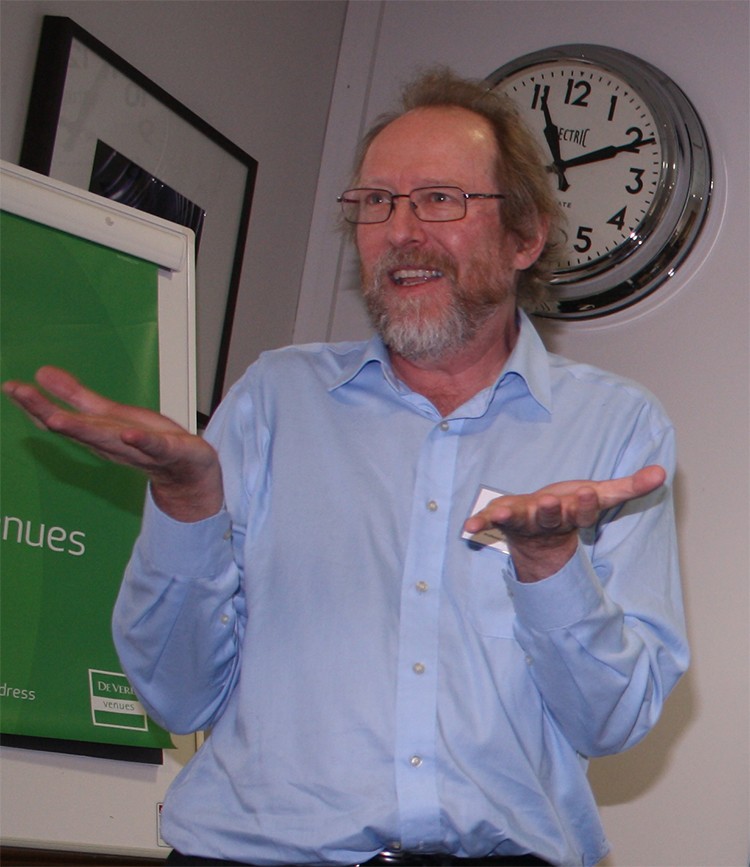
If you do find this presentation helpful, please consider making a small donation to help cover our conference platform costs.
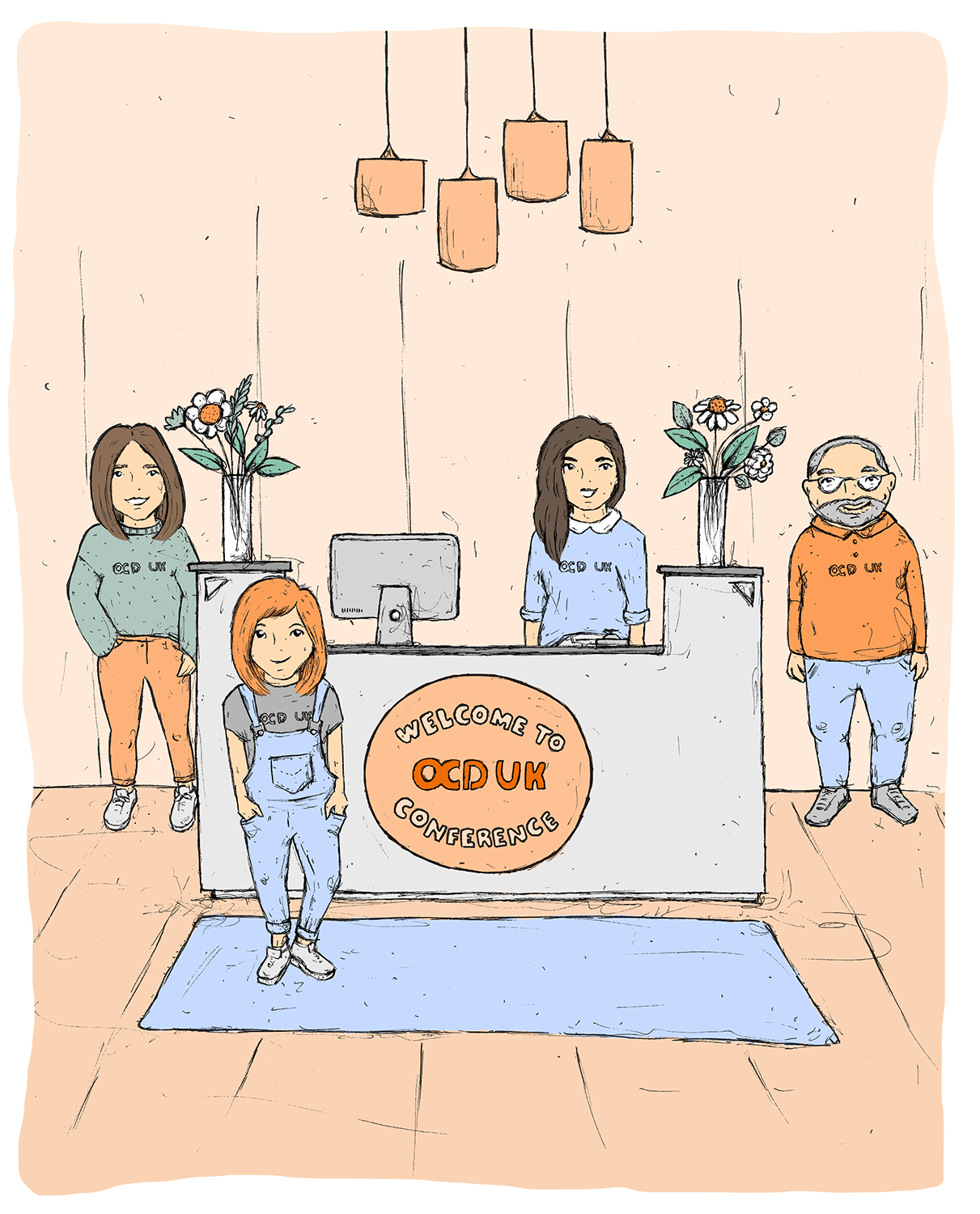
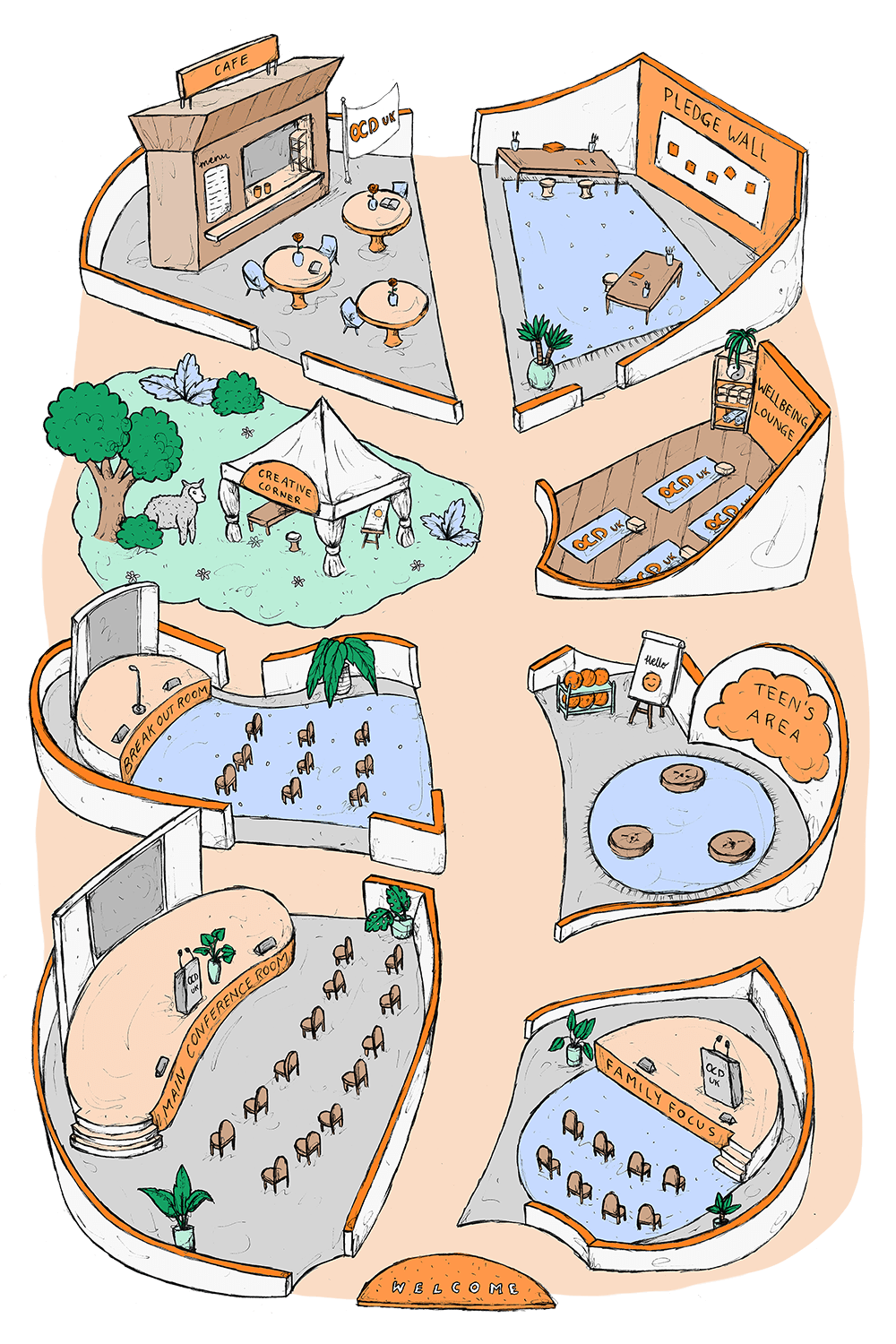
Data Policy
By registering for one of our conference presentations you do so accepting our data policy on the sharing of data between Zoom (our provider of meeting services) and OCD-UK. We take your supplied registration data (name and email address) from zoom and store securely. OCD-UK will store your data for up to 12 month but can be removed upon request prior to that. Your data will not be used by OCD-UK for any other marketing purposes other than sending information about the conference presentations you register for and inviting feedback about these presentations. Click here to view our full data and privacy policy.











